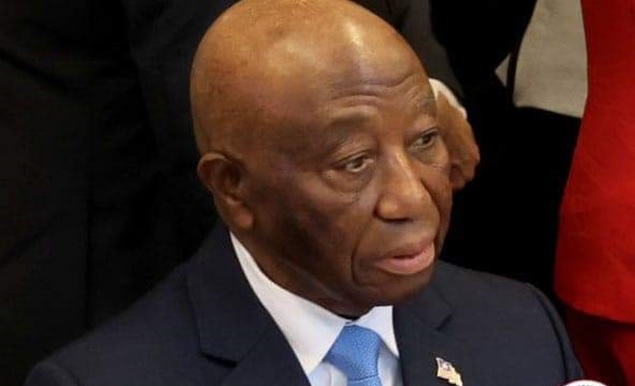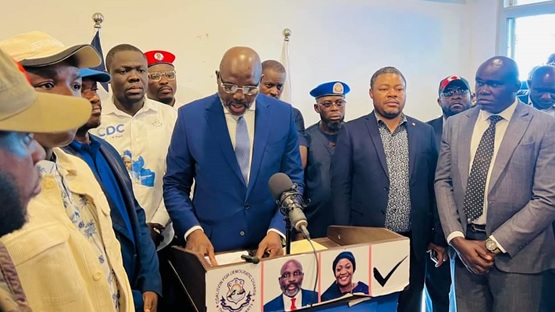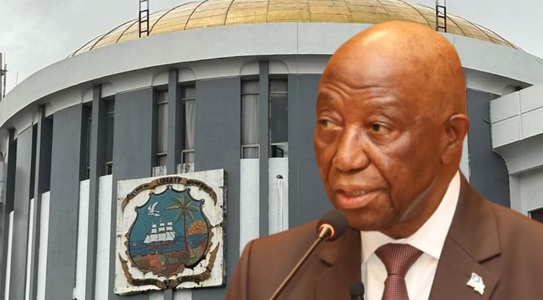MONROVIA, LIBERIA – A leaked presidential mandate from President Joseph Nyuma Boakai has revealed a new directive aimed at tightening control over international travel for officials of the executive branch. The mandate, which surfaced in the executive branch chatroom yesterday, explicitly states that no official is permitted to travel abroad without the President’s approval, and all travel plans must be justified with clear benefits to the country.
According to the leaked document, officials planning to travel internationally for official purposes are required to submit their travel plans to the Office of the President at least five working days in advance. This submission must include a detailed explanation of how the proposed trip will benefit the government and the people of Liberia. The mandate is intended to ensure that international trips by government officials are not only necessary but also provide tangible benefits to the country.
The mandate further stipulates that upon their return, cabinet members must complete an “Advice to Meet the President” form. This form is designed to inform President Boakai of the main outcomes and achievements of the international travel, ensuring accountability and transparency in the execution of official duties abroad.
The directive emphasizes that approval for international travel will henceforth be granted only if the trip promises clear advantages for the government and the Liberian populace. This move is seen as part of President Boakai’s broader effort to streamline government operations and enhance the efficiency and effectiveness of the executive branch.
Sources within the executive branch suggest that this mandate is a response to growing concerns about the frequent and sometimes unnecessary international travel by government officials, which has often been criticized as a waste of public resources. By centralizing the approval process, President Boakai aims to curb such practices and ensure that international engagements are purposeful and result-oriented.
The leaked mandate has sparked mixed reactions among government officials and political analysts. Supporters argue that it is a necessary step to ensure accountability and prudent use of government resources. They believe that by requiring officials to justify their travel and report back on their achievements, the administration is promoting a culture of responsibility and transparency.
However, critics of the mandate argue that it could potentially stifle the ability of officials to engage in important international diplomacy and collaboration. They warn that the added bureaucratic layer might delay critical engagements and hinder the government’s ability to respond swiftly to international opportunities and challenges.
This directive comes at a time when the Boakai administration is under intense scrutiny from opposition parties and civil society groups, who have been vocal about the need for greater accountability and efficiency in government operations. The administration’s decision to implement stricter controls on international travel is likely to be closely watched as a barometer of its commitment to these principles.
As the Boakai administration navigates these changes, it remains to be seen how this new travel approval process will impact the functionality and effectiveness of the executive branch. The mandate’s success will largely depend on its implementation and the willingness of officials to adhere to the new guidelines.
In the meantime, the leaked mandate has added to the ongoing discourse on governance and accountability in Liberia, highlighting the challenges and complexities of managing a large and diverse executive branch. The coming weeks will likely bring further developments as officials adjust to the new requirements and the administration works to ensure that international engagements are both strategic and beneficial to the nation.







